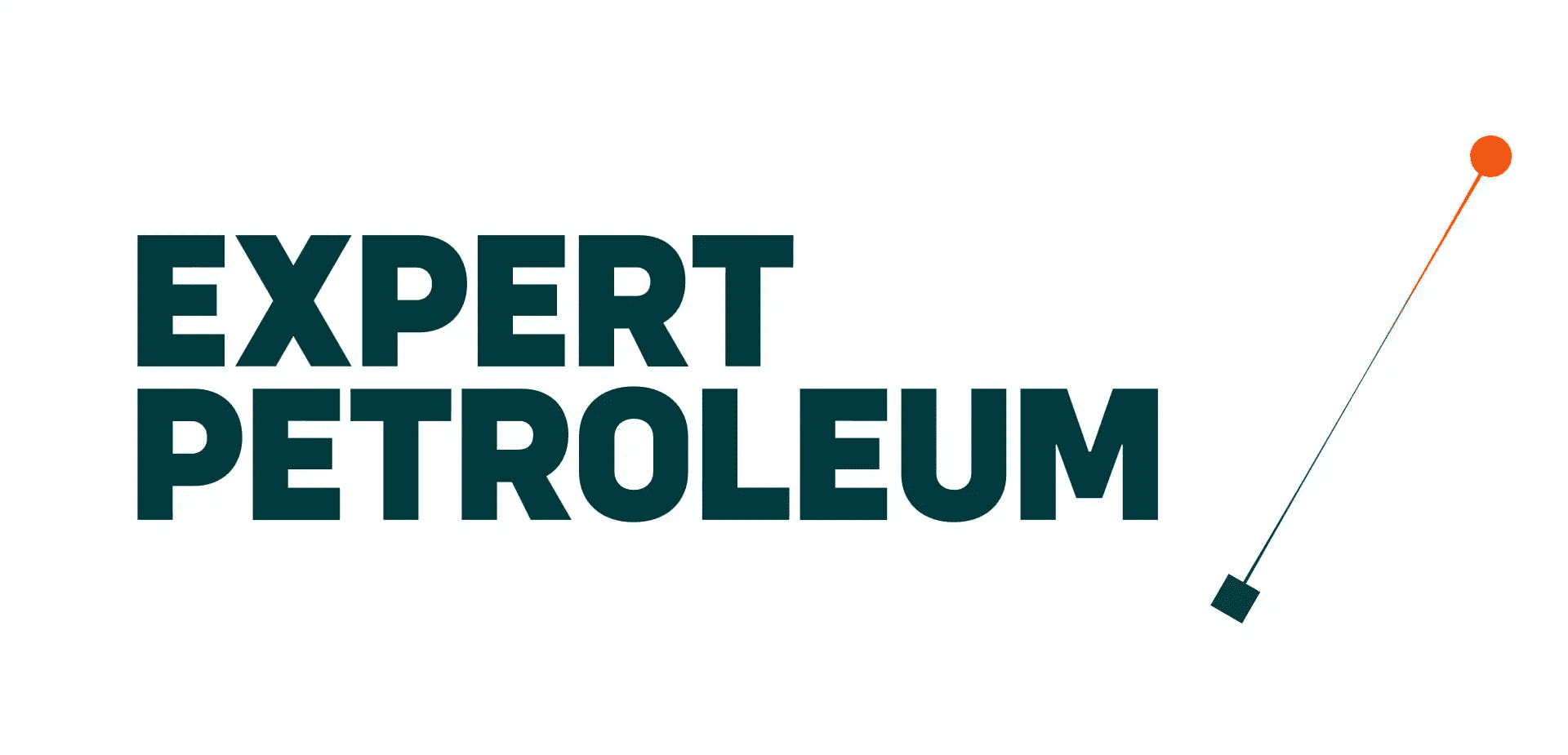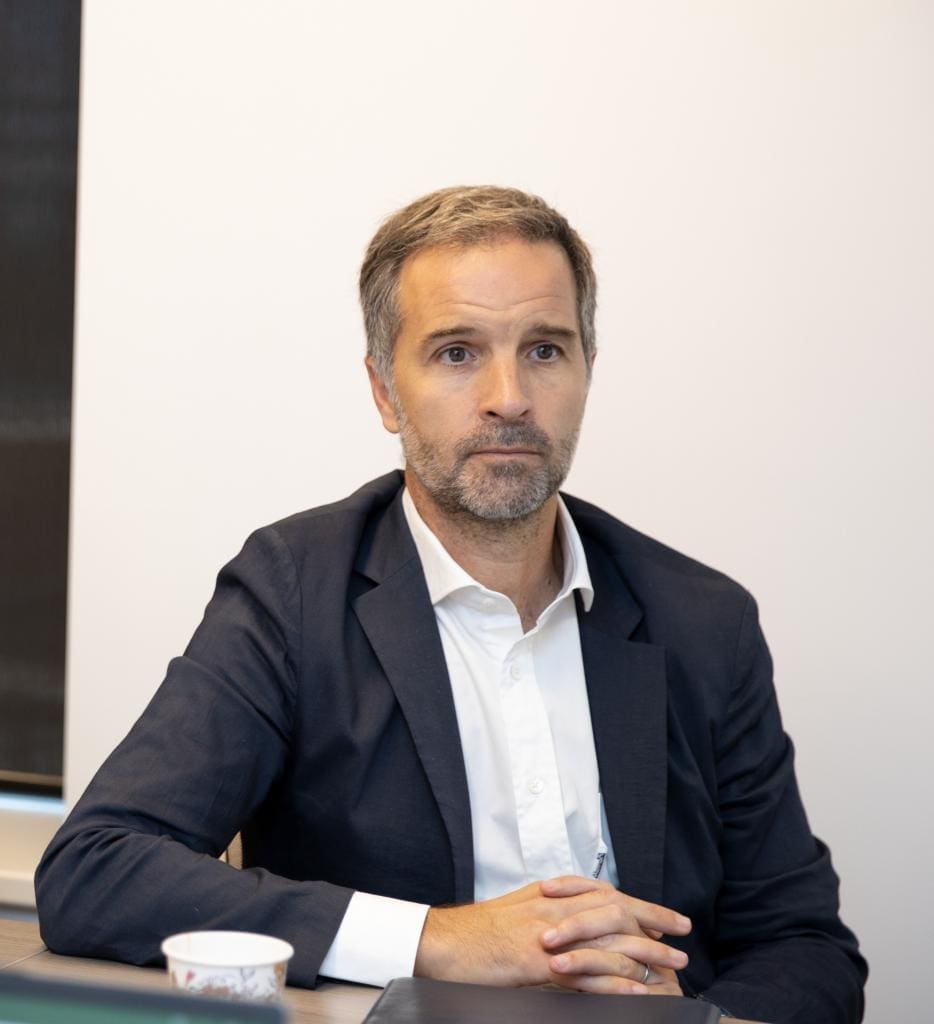Peter Sadler: Expert Petroleum is celebrating its 20th anniversary this year. What was the vision behind the creation of the company and how has it managed to establish itself in such a difficult industry?
David Martinon: Expert Petroleum (XP) was founded 20 years ago by former Schlumberger managers who saw an opportunity to improve the business model known at the time as “Schlumberger Production Management” or “Integrated Production Management.” We decided to enhance this business model. Firstly, we aimed to give more initiative to field operators. Technicians on the ground had been working for many years, yet they had no say in the processes. That was a shame, as they understood better than anyone else what was happening and how production could be improved. Thus, we decided to include them in the decision-making process, and it worked! We also trained them in new technologies and provided incentives for them to develop their ideas for procedural improvement. This was a key difference between what we started at XP and what we did at Schlumberger.
decision-making process, and it worked! We also trained them in new technologies and provided incentives for them to develop their ideas for procedural improvement. This was a key difference between what we started at XP and what we did at Schlumberger.
The other improvement we brought to the model is using and developing fit-for-purpose technologies. The technology used at Schlumberger was undoubtedly good, but we are broadening our portfolio as new ideas and technologies are constantly being introduced in the industry by various technology providers around the world. We did not want to miss out, and we continue to place great emphasis on technology and the customization of solutions to enhance production and field operations.
This also includes artificial intelligence, which we have began to introduce to our operations and processes over the last couple of years. Working in fields that have been operational for many years means there is a vast amount of data (pressure data, production data, seismic data, etc.) and reports (drilling, workover, incidents…) in various formats. So, at the heart of our operational model is digital transformation that includes field data acquisition, digitization, integration, real-time monitoring, and advanced analytics with the support of artificial intelligence to enable faster and smarter decision-making.
Finally, environmental concerns have been at the heart of Expert Petroleum’s development from the outset. We have decided to tackle the issue of gas emissions head-on. Gas leaks are a serious issue, and our philosophy is that we won’t waste anything, ensuring the environment is protected. We have therefore established a system for measuring gas emissions as well as energy efficiency. The fields we operate in have been in use for 40-50 years, or sometimes less than 20 years, but in a highly inefficient manner. Our goal is to improve energy efficiency and reduce energy consumption in these fields. Over the years, we have significantly reduced methane emissions while increasing the energy efficiency of our operations. For example, over the last 10 years, we have reduced the energy intensity of our operations by more than 85%, the greenhouse gas intensity by 87%, and the freshwater withdrawal intensity by 93%. Our annual sustainability report reflects these improvements and sends a positive signal to many of our future partners. Business cannot continue as it was decades ago. Expectations have changed, and technology no longer allows anyone to sweep these issues under the carpet. Satellites can detect the smallest gas leaks almost instantly. The same applies to any emissions, flaring, or venting—they can all be identified, and failing to address them can be extremely costly, including the potential loss of operating licenses.
In this regard, XP’s overall approach, which focuses on sustainable upstream operations, is fully aligned with our partners’ present and future expectations.
PS: What exactly is a Production Enhancement Contract? Is it fundamentally different from the contracts generally signed in the oil and gas industry?
DM: Twenty years ago, this type of contract was quite unique, but it is now becoming increasingly common. In fact, Michel Louboutin, Expert Petroleum’s co-founder and current COO, developed and signed the very first Production Enhancement Contract 40 years ago in Romania between Schlumberger and Romgaz. We can describe it as a hybrid contract, positioned between the traditional production-sharing agreements used for decades in the oil and gas industry—which oil majors like BP or Shell typically sign when getting an exploration license—and the oilfield service contracts offered by companies such as Halliburton, Baker, Weatherford, and others. The Production Enhancement Contract falls between these two models, as we invest in the field but do not own the production. XP only gets paid if we manage to increase production as specified in the contract. If production does not improve, XP incurs increasing losses over time, creating a real incentive to enhance production. It is a risk-free solution for XP’s counterparties.
There are actually three main incentives: increasing production, optimizing operations to improve efficiency from an OPEX perspective, reducing gas emissions, and improving energy efficiency. Our contracts typically last 15 years, and if the owner chooses not to extend, they will reclaim a completely transformed field. Even on the surface, the field will look completely different due to footprint reduction, upgrades, automation, and digitalization, not to mention the well-trained personnel who operate with a different mindset and improved processes.
PS: Your company is naturally focused on international development, but does XP have a specific DNA?
DM: Expert Petroleum’s roots are deeply European. A significant portion of the management team is French and comprises former Schlumberger employees. Schlumberger was originally a French company with a robust service-oriented approach, we have retained this service approach in our DNA. On top of that, we bring solid financing that aligns with our ambitions and philosophy. We are not afraid to take risks if we believe they will foster growth. As we are owned by a family office and the management, we can adopt a long-term approach.
We trust to train and empower the local employees and have a minimal number of expatriates. In Romania, more than 99% of our employees are Romanian; in Ukraine, over 99% are Ukrainian, and the same applies to Hungary. When necessary, we send expatriates for very short periods and provide training, including for top management, to ensure they achieve the standards we expect. For example, some Romanian managers have completed MBAs at INSEAD or HEC. Our management approach appears to be effective, as we have a very low turnover rate.
PS: You mentioned Ukraine. What does the future hold for XP as the country enters its third year of war with Russia?
DM: We signed our contract in 2020 and mobilized right away during the COVID-19 pandemic, which was very challenging. Nevertheless, we managed to start the contract on time, and we have since then even exceeded all our contractual targets in terms of production enhancement and investments despite the outbreak of war in 2022. We never considered leaving the country or invoking “force majeure.” We increased our investments, surpassing 30 million USD. However, this has not significantly boosted the reserves of these depleted fields or their daily production—an urgent need in the Lviv region, where we operate in Western Ukraine. With many domestic refugees settling there and Lviv experiencing substantial growth, the demand for gas has risen considerably.
We have also significantly reduced their methane emission intensity as per our OGMP commitment and EU regulation.
This situation highlights our resilience and the strength of our business model. Our success would not have been possible without our local Ukrainian team (more than 200 people) on the ground. Once again, this demonstrates that relying on local resources and training them is the best way to achieve our goals. XP is exceeding expectations and proving to be a reliable partner, delivering direct benefits to Ukrainian companies and communities. We have created an ecosystem that works for the common good. Despite the difficult context, this positive experience reinforces our ambitions for the future of the country.
PS: How do you see the oil and gas industry in 10- or 20-years’ time? What are Expert Petroleum’s ambitions?
DM: I believe oil and gas will remain essential for another 50 years for two main reasons. First, what is described as an energy transition is, in reality, more of an energy addition. Global energy consumption is continually increasing, meaning new energy sources are simply being added rather than replacing oil and gas. Wind and solar energy have not yet significantly displaced traditional energy sources; they are merely supplementing them.
Second of all, a shift will occur at some point, but transitioning from one system to another takes a long time, there is a huge momentum of the existing eco system Therefore, the oil and gas industry will continue to be relevant for many years.
As for XP, we aim to ensure that existing fields and resources are not wasted. Countless wells have been drilled worldwide, and large infrastructures have been built already. It is crucial to maximize their potential efficiently and sustainably, rather than decommissioning them too early and building new facilities and drilling new wells unnecessarily. Many assets are there waiting to be optimized.
It is always striking to consider that only 20%-30% of oil in place is typically recovered, while gas fields can reach up to 80%. With a new approach, better management, and the right technology, we can push the limits further. Every additional percentage of oil and gas extracted from an existing field is a victory we want to be part of. Relying solely on exploring new areas is not the only solution, nor is it the most environmentally sustainable one.
It is also essential to understand that these existing fields are deeply embedded in the business landscape and the lives of local communities. This is particularly true in countries such as Romania and Ukraine. Shutting these fields down too early could lead to severe economic and social consequences for the local population.
XP plans to expand within its existing regions while also seeking entry into new international markets, including the former Soviet republics, South America, and Southeast Asia. In these areas drilling began over 50 years ago, presenting opportunities where our expertise and advanced technology can drive significant improvements and efficiency.
We have strong confidence in XP Upgreen, a dedicated division of XP focused entirely on environmental services. Even in fields where we are not the operator, we can support companies in implementing cleaner solutions with a strong emphasis on decarbonization. Oil and gas operations can—and must—become as sustainable as possible, and we are committed to playing a key role in driving this transition.
Peter Sadler is a former History teacher. He is interested in major geostrategic issues and related energy matters. He now lives in the UK, where he is working on a book about the geopolitics of energy.





